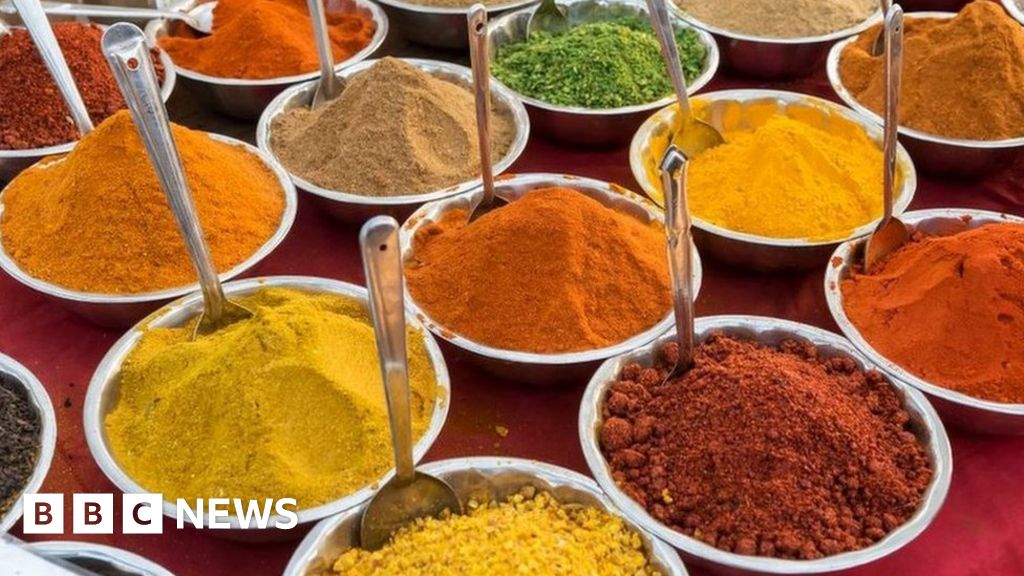
So are Indian spices safe? The federal government has instructed all state governments to conduct quality tests. The Spices Board – which has five quality evaluation labs – has issued guidelines to exporters to check for use of ethylene oxide. The Food Safety and Standards Authority of India (FSSAI) is also testing samples.
India’s health ministry claims, external the country has one of the world’s strictest Maximum Residue Limits (MRLs) standards, with pesticides’ MRLs varying by food commodity and determined through rigorous risk assessments. But something is clearly amiss: in 2022, the FDA highlighted inadequate sanitary facilities, accommodation, and equipment cleanliness standards at a premier Indian spice plant.
“India has been a spice exporter for centuries. But this image has been declining in the last few years, with the government’s inadequate attention. We do not yet know at which stage the contamination is happening. Ethylene oxide is not used by farmers. It is most probably a post-harvest, post-processing residue,” says Narasimha Reddy Donthi, an independent researcher and environmental justice activist.
“It is not only the negative attention. Repeated cases of excessive residues can have a long-term effect. In the past, mango exports to the US suffered for years due to pesticide residues,” Mr Reddy adds.
Delhi-based think tank Global Trade Research Initiative (GTRI) believes the recent quality concerns could threaten half of India’s spice exports due to “cascading regulatory actions in many countries”.
If China questions the quality of Indian spices, over half of India’s global exports could be affected, joining five other countries, the GTRI said in a recent report. “The situation could worsen if the EU, which regularly rejects Indian spice consignments over quality issues, follows suits.”
For spice enthusiasts in the West, the origin of the spices in their food remains unclear.
“I don’t think most people are aware of where their spices come from. I certainly don’t, and I use spices a lot! I live a few blocks from Chicago’s main Indian shopping district, Devon Avenue, which is where I buy my spice. l assume they come from India but have never looked into this,” Colleen Taylor Sen, an author specialising in Indian cuisine, told me.
In the end, experts say, India must fundamentally overhaul its approach to food safety, prioritising transparency, stringent enforcement and clear communication to safeguard the integrity of its exports.
